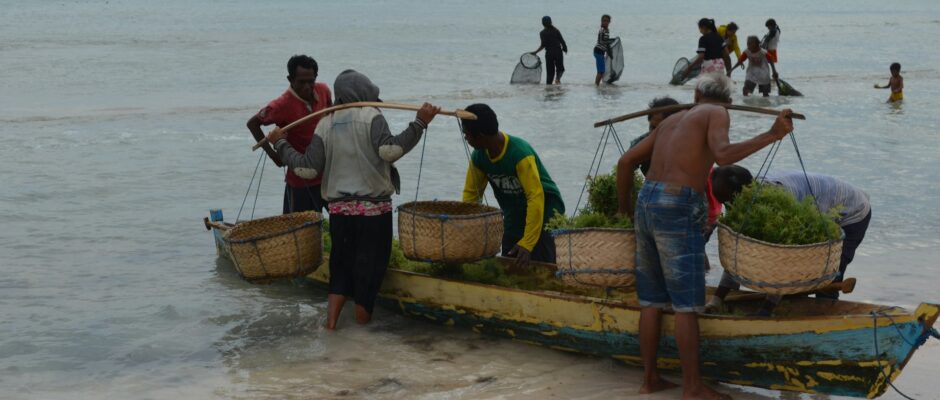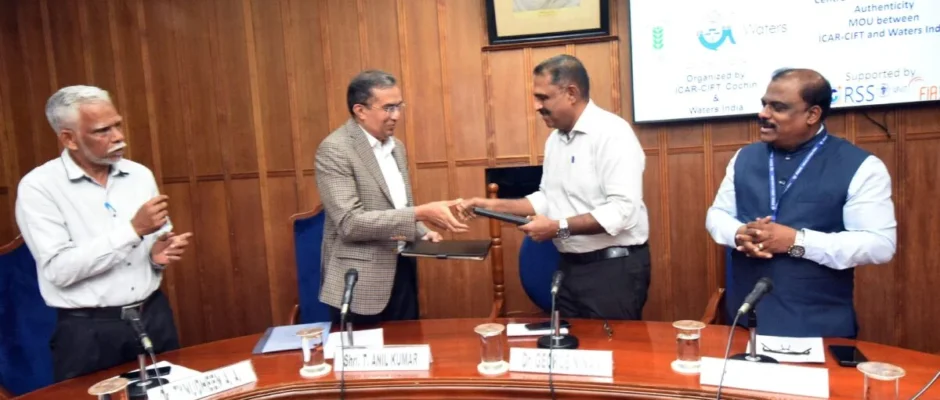India’s Frozen Shrimp Exports Under Threat: US CVD Imposes Significant Challenges
The Indian seafood industry, particularly the frozen shrimp export sector, is facing a significant hurdle as the United States has imposed hefty countervailing duties (CVD) on imports from India. This development threatens to disrupt the lucrative trade relationship between the two countries and has the potential to impact livelihoods of thousands of Indian fish farmers and exporters. The US CVD: A Blow to Indian Shrimp Exports The US Department of Commerce (DOC) has initiated a countervailing duty investigation into Indian shrimp imports, citing unfair trade practices and government subsidies provided to the Indian aquaculture sector. The CVD, imposed in 2024, ranges from 7.02% to 11.03% on imports from various Indian companies. This substantial tariff increase has raised concerns within the Indian seafood industry about the future viability of exports to the US market, which accounts for a significant portion of India’s seafood exports. Impact on Indian Seafood Industry The CVD has far-reaching consequences for India’s seafood sector: Negotiations and Challenges India has expressed its displeasure over the CVD, arguing that it is unjustified and based on flawed calculations. The government is actively engaging in negotiations with the US government to resolve the issue and seek a favorable outcome for the Indian seafood industry. However, several challenges remain: Industry Response and Mitigation Strategies The Indian seafood industry is actively seeking ways to mitigate the impact of the CVD: Long-Term Implications The CVD is a significant setback for India’s seafood industry, but it also serves as a reminder of the need to focus on long-term sustainability and competitiveness. Investing in research and development, adopting sustainable practices, and diversifying export markets are essential to build resilience against future trade challenges. The Indian government and industry stakeholders must work together to find solutions to the CVD issue and ensure the long-term viability of the Indian seafood sector. This includes advocating for fair trade practices, promoting sustainable aquaculture, and strengthening the competitiveness of Indian products in the global market. Beyond the Trade Dispute The CVD issue highlights the broader challenges facing the Indian seafood sector. It underscores the need for: Conclusion The US CVD on Indian shrimp exports is a significant challenge, but it also presents an opportunity for the Indian seafood industry to adapt, innovate, and become more resilient. By focusing on sustainable practices, diversification, and technology adoption, India can emerge stronger from this trade dispute and solidify its position as a major player in the global seafood market.





